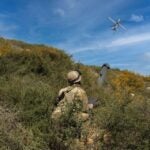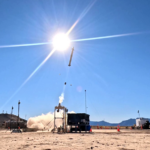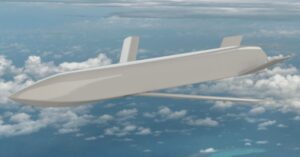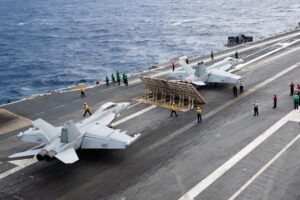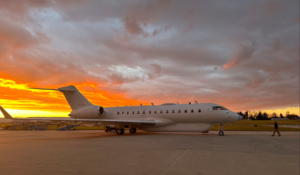
Sierra Nevada Corporation (SNC) has completed initial flight testing of its RAPCON-X platform for the Army’s ATHENA-S aerial intelligence, surveillance and reconnaissance (A-ISR) jet prototyping program. The company said it plans to complete the final phase of flight testing with RAPCON-X, which is a Bombardier Global 6500 jet outfitted with radars and signals intelligence systems, later this summer as it looks to deliver the aircraft in late 2025. “Achieving Flight Performance Handling Qualification is a significant milestone toward proving the…

 By
By 
